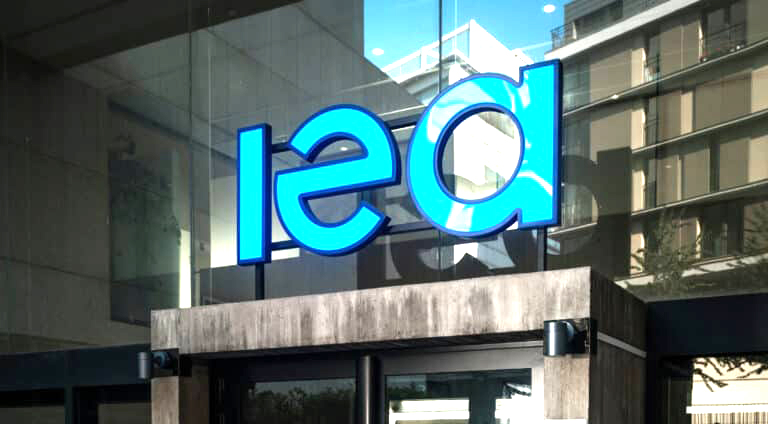PARIS – The world is falling short of a global agreement to triple renewable energy capacity by 2030 but the target is within reach if governments take policy actions, the International Energy Agency (IEA) said yesterday.
With China and solar energy leading the charge, renewables are set to meet almost half of global electricity demand by the end of the decade, the Paris-based IEA said in an annual report on the sector.
“Renewables are moving faster than national governments can set targets for,” said IEA executive director Fatih Birol. “This is mainly driven not just by efforts to lower emissions or boost energy security – it’s increasingly because renewables today offer the cheapest option to add new power plants in almost all countries around the world,” he said. Nearly 70 countries that account for 80% of global renewable energy capacity will reach or exceed their current ambitions for 2030, the report found. But global capacity is forecast to reach 2.7 times its 2022 level by 2030, short of the tripling target set at the United Nations COP28 climate summit in Dubai last year, the agency said.
The world is set to add more than 5 500 gigawatts (GW) of renewable energy capacity between 2024 and 2030 under current policies and market conditions, said the agency, whose members are mostly developed nations.
China will account for almost 60% of the expansion in global capacity to the end of the decade, compared to a third in 2010.
The United States and European Union are forecast to double the pace of capacity growth “while India sees the fastest rate of growth among large economies”, the report said. Solar capacity will account for 80% of the growth in renewable power globally by 2030. The IEA said its analysis “indicates that fully meeting the tripling target is entirely possible if governments take near-term opportunities for action”. Countries need to enhance their ambitions in Nationally Determined Contributions (NDCs) due next year. Under the Paris climate agreement, countries are supposed to outline how they intend to contribute to collective efforts to confront climate change in their NDCs.
The IEA said there is a “large untapped renewables potential” in emerging and developing countries that can be realised if policies improve.
“High financing costs reduce the economic attractiveness of renewables in most emerging and developing economies,” it said. “Other key challenges include weak grid infrastructure and a lack of visibility over auction volumes,” it added.
The IEA also said Europe and the United States should shorten permitting processes to unlock the potential while China should address challenges in integrating renewables to its grid network. – Nampa/AFP



